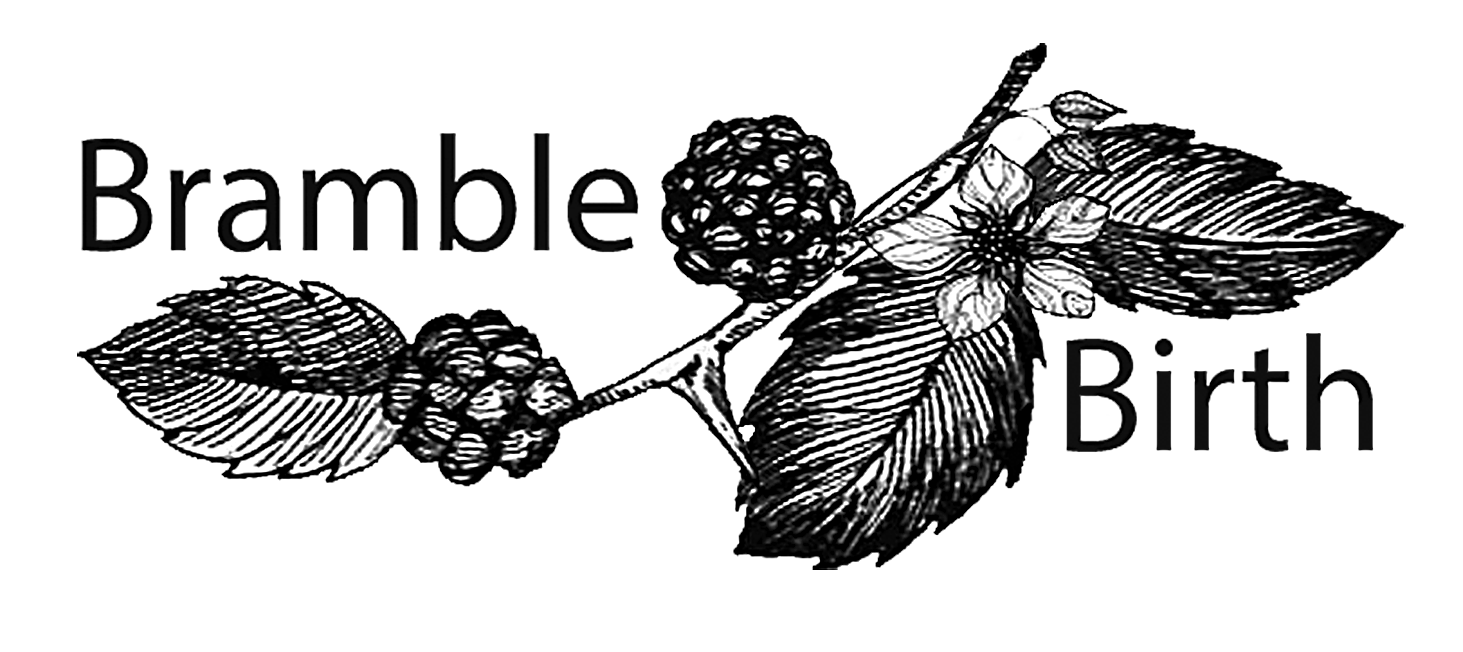Postnatal Loving Care
Postnatal Loving Care
As a midwife I have the privilege of seeing how different families from around the world do the postnatal period. I’m pretty sure much of the rest of the world would be surprised by what is considered normal in the West, where we have lost traditions of caring for and nurturing the mother after birth, and the focus has moved almost entirely to the baby (and a consumerist version of that too, but I won’t get ahead of myself).
Over my years as a midwife I have seen postnatal care becoming increasingly patchy and cut back to the very bare bones. Women are asked to travel in and out of hospital, sometimes the day after birth. Women are asked to travel back to hospital, or to a postnatal clinic somewhere, and sit and wait on a hard chair in a public area. Inevitably some of these women have had surgical births, large blood losses or traumatic births and would be much better off tucked up in bed with their babies resting, recovering and processing. Before having a baby, it is hard to imagine just how difficult getting out of the house can be in the days immediately following birth. More commonly now, as an Independent Midwife, I find women in bed, especially in the early days.
Traditional societies around the world have a few things in common when it comes to caring for mothers after birth: rest and retreat from the world, keeping toasty warm, eating warming & nourishing food, and rituals to mark the woman’s new status as a mother. The tradition of postnatal rest and recovery in China roughly translates as ‘sitting the month’. Adherence to the protocols of rest, warmth and nourishing food for a period of 44 days is considered essential to safeguard both the mother and baby’s short and long term health. There are parallel traditions all around the world, with rest periods ranging from 21-60 days. The Malaysian tradition of pantang includes herbal baths and hot stone massage. In Korea a traditional seaweed soup is served regularly, thought to promote healing and enrich breast milk. In the Ayurvedic tradition the mother is treated to regular massages and easily digestible, warming foods rich in milk and butter.
A wise midwife friend of mine explained her interpretation of this precious time in a way I have always remembered - the idea isn’t to literally stay in bed all day but see it as your ‘home’ to return to after short trips to the bathroom or kitchen. Eating in bed is very much encouraged, along with breastfeeding and all other baby care. From my perspective the baby’s whole universe is their mother, whose body feeds and comforts him/her. Feeding, skin to skin and just being with the baby is a 24/7 job for mothers initially. Partners and support people do everything else around the house ideally, including caring from siblings and cooking.
There is a strange and deeply misogynistic culture in the western world that glorifies getting back to ‘normal’ after birth. Remember Kate Middleton on the steps of the hospital looking as though nothing had happened? I feel sadness at such a ridiculous portrayal of day one of motherhood. She must have been tired, aching, bleeding and just wanting to go home to bed.
It is not realistic (or desirable) for many women to stay in the house for weeks on end and step away completely from other demands, especially with partners often returning to work after two weeks and extended family living far away. But just knowing how protective rest is for our postnatal bodies and minds might encourage us to make plans that prioritise this in the early days.
My postnatal tips
Plan for your postnatal period, as you will for your birth, and discuss your plans with your partner and supporters.
Know that a restful postnatal period will optimally support healing, breastfeeding, a gentle transition for your baby, and your future mental and physical health.
Plan for your bed/nest of dreams with everything you and your baby will need close at hand. Think snacks, hot drinks flask, hot water bottle, aromatherapy oils, laptop, books…
Plan for some simple, nourishing and warming food.
Expect for near constant skin to skin and breastfeeding in the first week.
Before your baby arrives, inform yourself about the pros and cons of different cot arrangements and co-sleeping.
To read
The First Forty Days. The Essential Art of Nourishing the New Mother by Heng Ou
Why Postnatal Recovery Matters by Sophie Messager
https://www.basisonline.org.uk/

